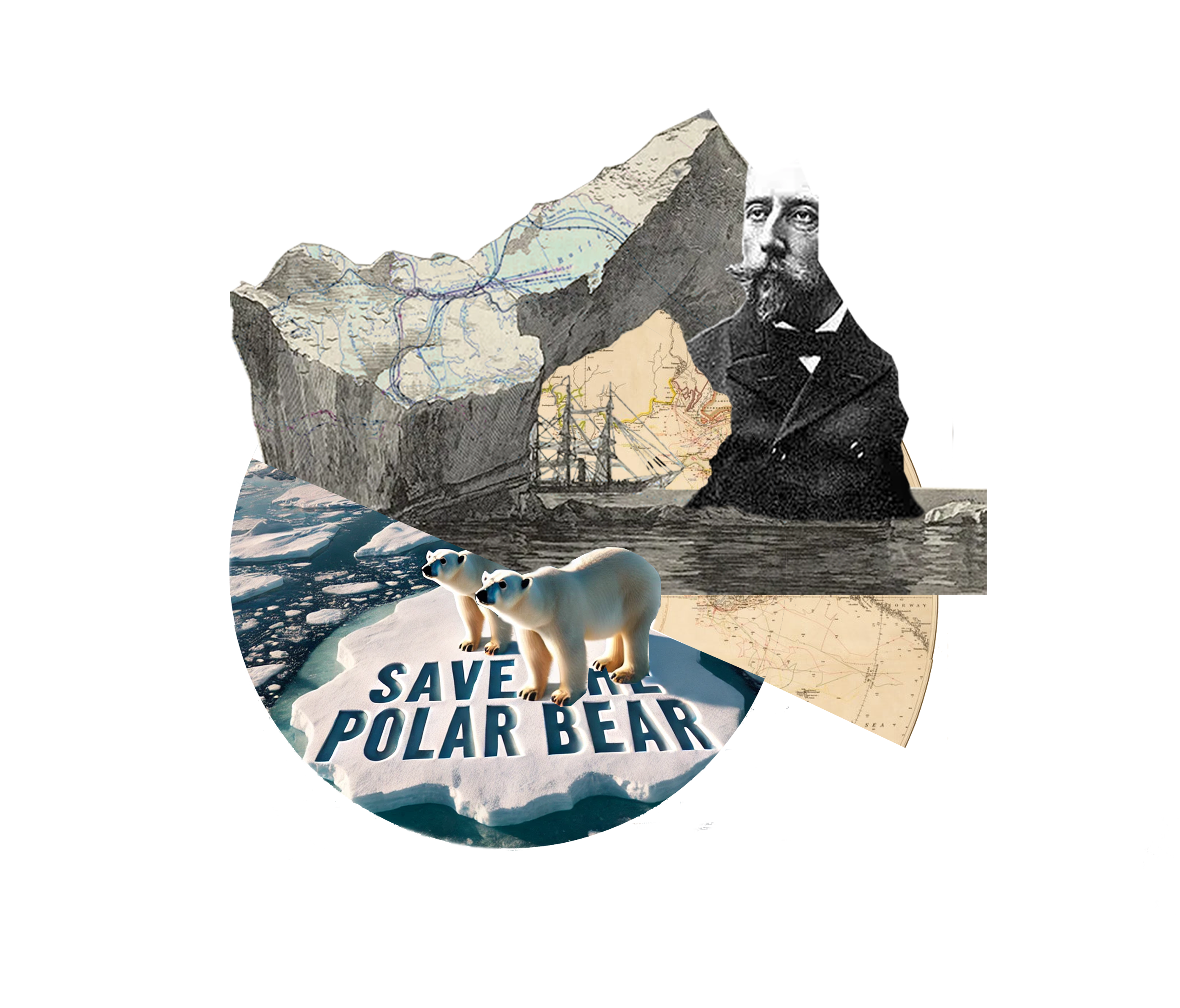Knowledge Co-production: Difference between revisions
No edit summary |
No edit summary |
||
| Line 19: | Line 19: | ||
'''"Return"''' to the BearWatch project to join this workshops. You should get going, because you also still need to buy coffee, "pop", and snacks for that | '''"Return"''' to the BearWatch project to join this workshops. You should get going, because you also still need to buy coffee, "pop", and snacks for that | ||
meeting. | meeting. | ||
Revision as of 23:05, 12 February 2025

You have found a "Wrecksite".
Here and there, "shipwrecks" will manifest themselves.
They gesture to the apparatuses that produce conditions under which some phenomena can exists and others cannot.
This one allows you to think with the im/possibilities of knowledge (co-)production in polar bear monitoring and co-management.
In scientific wildlife co-management and research the properties of ‘science’ are mostly determined by the agential cuts of post-positivist western natural sciences and its understanding of the world through representative data [1][2].
Scientist seeking to make IQ ‘’intelligible’’ within this paradigm, either need to break it down into representative data, or place IQ completely outside of the phenomena of Science as ‘another phenomena’, like values, beliefs, ethics or cultural identities.
Tomorrow, 20 people will come to talk about how a harvesting moratorium from 2001 has had ongoing impacts on them up until today.
"Return" to the BearWatch project to join this workshops. You should get going, because you also still need to buy coffee, "pop", and snacks for that meeting.
- ↑ Brook, R. (2005). On using expert-based science to “test” local ecological knowledge. Ecology and Society : a Journal of Integrative Science for Resilience and Sustainability., 10(2). https://doi.org/10.5751/ES-01478-1002r03
- ↑ Smylie, J., Olding, M., & Ziegler, C. (2014). Sharing what we know about living a good life: Indigenous approaches to knowledge translation. The Journal of the Canadian Health Libraries Association, 35, 16.
